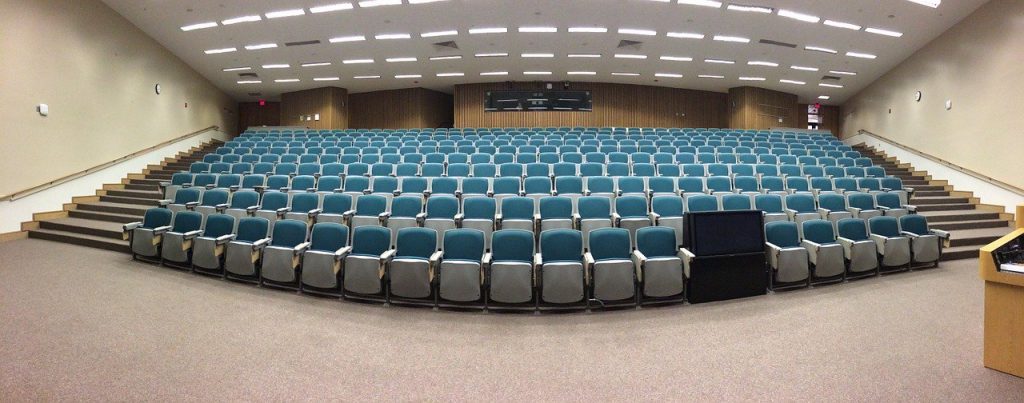Next week a new academic year for the Masters program in Digital Humanities starts. The first year students at the program start their first course Introduction to Digital Humanities. During the course they will be welcomed by Olle Sköld, who is coordinator for the program.

The programs first year will initially be held in a digital environment using digital tools, as a way to adapt to the current conditions during the ongoing covid-19-pandemic. This will mean new challenges for learning for both students and teachers, as we can really try to see the potential in a Zoom-based learning environment.
During the first course the 1st year students will learn the foundation of what Digital Humanities are. The course also introduces the digital tools used in humanistic research and the historical development of digital humanities. The contemporary position and characteristics of digital humanities will be studied through significant projects, research and research praxis in the field.
To learn more about the upcoming courses on the program, you can search through the posts on this blog or be on the lookout for new posts over the coming months.
Choices, internships and information science
For the second year students, many whom have been previously introduced on this blog, their third semester offers many opportunities to customize their program after their own interest. Some students have chosen their own elective courses during the spring. With subjects ranging from machine learning to linguistics to english literature, the students have the opportunity to choose their own direction within the masters program in Digital Humanities based on the courses found at Uppsala University.
Others have take a different route and instead chosen to deepen their knowledge in Library- and Information science through courses offered at the Department of ALM. These students will next week start the course Information Management and Information Structures. The purpose of that course is to study information systems and information structures with a point of departure in various theoretical perspectives.
Students will study how knowledge-intensive organisations manage various types of analogue and digital documents and how they manage their internal and external communication. The course will be headed by guest researcher Nadzeya Charapan and researcher Lisa Börjesson.

During the third semester the second year students will also do an internship at a work place of their choosing. More information about this will hopefully be published on this blog in the future, when the students are able to share their experience. The ongoing covid-19 pandemic poses new challenges for work places, but we hope our students get a satisfying internship experience under safe conditions.
